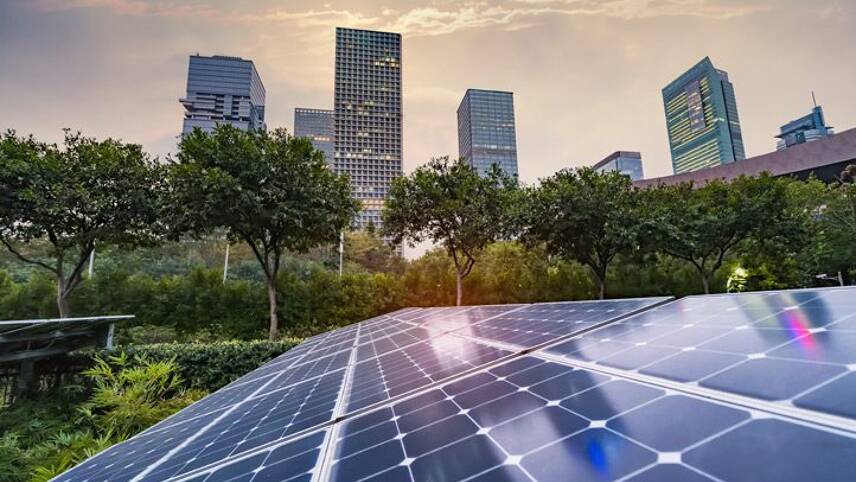Register for free and continue reading
Join our growing army of changemakers and get unlimited access to our premium content

Kearney's long-term goal is to reduce value chain emissions by 90% in order to reach net-zero by 2050
Kearney has set targets to reduce Scope 1 and 2 emissions by 50% by 2030 and to reduce Scope 3 emissions by 30% in the same timeframe.
The company will also switch to 100% renewable energy across its offices by 2025 and continue to source 100% renewable electricity through to 2030 at least.
These targets will all build into a long-term effort to reduce value chain emissions by 90% in order to reach net-zero by 2050. For the remaining emissions, Kearny has stated it will invest in carbon removal projects that meet “stringent international certification standards”. These targets have been approved by the SBTi.
Kearney’s managing partner and chairman Alex Liu said: “To be the first management consultancy firm with approved Net-Zero science-based targets is an incredible achievement. As consultants, the biggest sustainability impact we can create is through helping our clients with the opportunities and challenges in the transition to a low-carbon future.
“We need to act fast, we need to act now, and we need to base our actions on science if we are to have any chance of meeting our necessary goals. With this milestone, we are living up to our vision to lead in sustainability, while continuing on our double-digit annual growth trajectory, and demonstrating global leadership for our industry to follow.”
The pledges are aligned to the SBTi’s new Net-Zero standard and, as a consultant, Kearney will aim to provide learnings and advice when consulting clients on sustainability and net-zero targets. Kearney is actively working across its offices and supply chain partners in more than 40 countries.
The Science Based Targets initiative (SBTi) unveiled the world’s first standard for corporate net-zero emissions aligned to climate science back in October 2021.
The SBTi has clarified that science-based net-zero targets will require companies to achieve deep decarbonisation of 90-95% before 2050. From that point companies should neutralise unavoidable emissions through offsets and removals. Crucially, the SBTi states that carbon offsetting and removals cannot exceed 5-10% of a company’s emissions, although this is sector dependent.


Please login or Register to leave a comment.